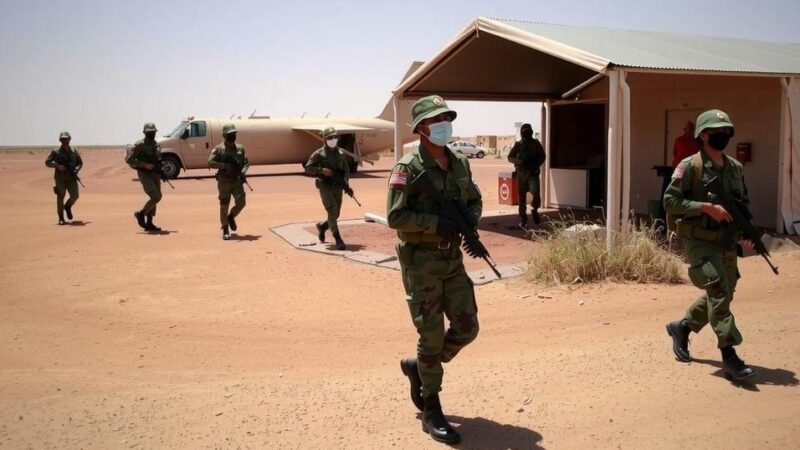The China-Africa Cooperation summit in Beijing is prompting experts to evaluate China’s influence in Africa. Concurrently, the UN is facilitating discussions aimed at resolving the Libyan central bank crisis, which has affected oil production. In Malawi, road safety specialists address the alarming accident rates linked to human behavior and poor road conditions on the M-1 Road.
The Forum on China-Africa Cooperation summit, currently underway in Beijing, has led experts to evaluate the implications of China’s expanding influence in African nations. Discussions aim to examine how these relations can facilitate mutual growth and development, especially in light of recent economic challenges faced by both regions. Furthermore, the United Nations is engaged in dialogues between Libya’s competing governments as part of its efforts to address the ongoing crisis at the country’s central bank. This situation has resulted in significant disruptions, notably a blockade affecting Libya’s oil production and exports, which are crucial to its economy. In Malawi, government officials along with road engineers and safety experts have expressed grave concerns over the increasing number of accidents on the M-1 Road. They attribute these tragic incidents to a combination of human error and the deteriorating conditions of this oldest road network in the nation, calling for immediate attention to enhance road safety measures.
The China-Africa Cooperation summit represents a significant engagement between China and African nations, highlighting China’s investment and influence in the continent. As African nations navigate economic complexities, this summit serves as a platform to foster discussions aimed at strengthening bilateral collaborations. In parallel, Libya’s crisis underscores the challenges the nation faces in stabilizing its economy and governance, with the central bank dispute directly impacting vital oil production, a key revenue source. Malawi’s concerns over road safety reflect broader issues within infrastructure development across the continent, where poor road conditions contribute to high accident rates, elevating the need for urgent reforms and investments in road safety.
In summary, the China-Africa Cooperation summit offers insights into the deepening ties between China and African nations, while the United Nations’ involvement in Libya signifies an ongoing effort to stabilize the region amidst economic turmoil. Additionally, Malawi’s approach to improving road safety illustrates the pressing need for infrastructure enhancement to prevent accidents and save lives. The intersection of these developments highlights the dynamic landscape of African governance, international relations, and public safety initiatives.
Original Source: www.voaafrica.com







